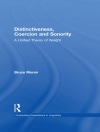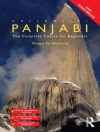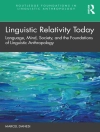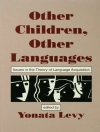This book examines the ideological underpinnings of language-in-education policies that explicitly focus on adding a new language to the learners’ existing repertoire. It examines policies for foreign languages, immigrant languages, indigenous languages and external language spread. Each of these contexts provides for different possible relationships between the language learner and the target language group and shows how in different polities different understandings influence how policy is designed. The book develops a theoretical account of language policies as discursive constructions of ideological positions and explicates how ideologies are developed through an examination of case studies from a range of countries. Each chapter in this book takes the form of a series of three in-depth case studies in which policies relating to a particular area of language-in-education policy are examined. Each case examines the language of policy texts from a critical perspective to deconstruct how intercultural relationships are projected.
Tabela de Conteúdo
Chapter 1: Introduction: Language-in-education Policy, Discourse and the Intercultural
Chapter 2: Policies for Foreign Language Learning
Chapter 3: Languages in the Education of Immigrants
Chapter 4: Languages in the Education of Indigenous People
Chapter 5: External Language Spread Policies
Chapter 6: Language-in-education Policies and Intercultural Relationships
Sobre o autor
Anthony Liddicoat is Professor in the Department of Applied Linguistics at the University of Warwick and Adjunct Professor in Justice and Society at the University of South Australia. His research interests include language and intercultural issues in education, discourse analysis, and language policy and planning. He is a Fellow of the UK Academy of Social Sciences, the Executive Editor of Current Issues in Language Planning and Co-editor of the book series Language and Intercultural Communication in Education (Multilingual Matters).












